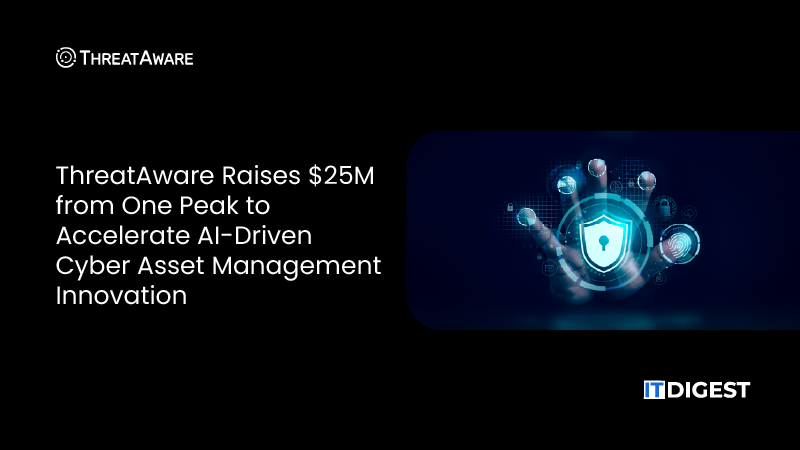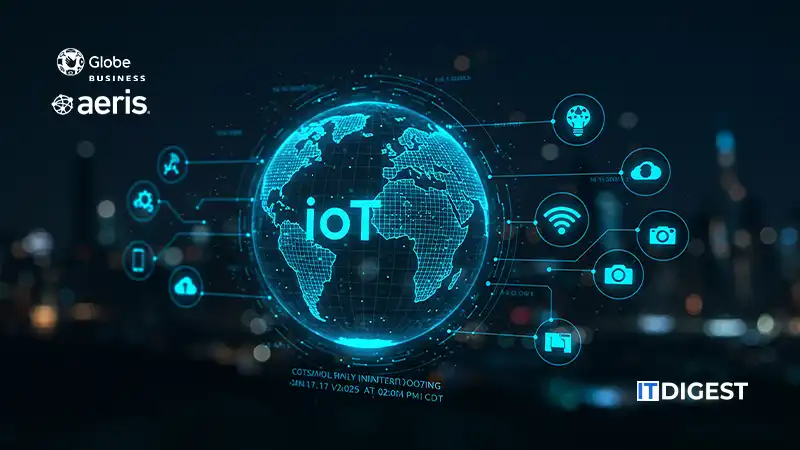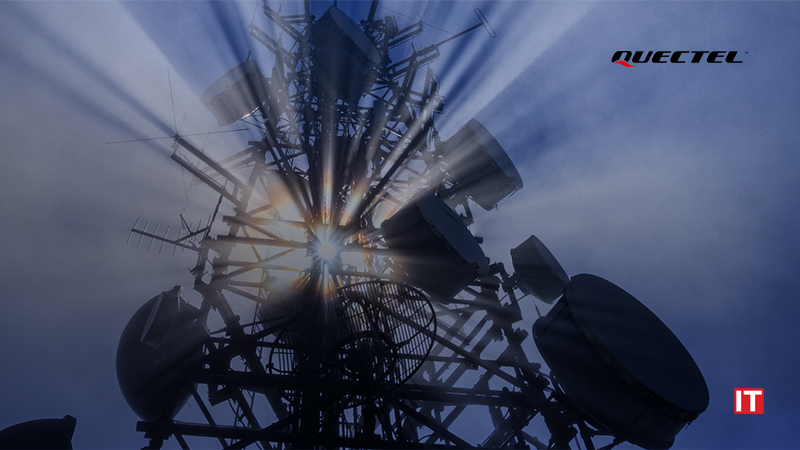Quectel Wireless Solutions has announced that, with the inauguration of the 5G roll-out in India set later this month, its technologies and services are ready to support the introduction of 5G devices to the Indian market. Initially, 13 cities will get 5G services including Ahmedabad, Bengaluru, Chandigarh, Chennai, Delhi, Gandhinagar, Gurugram, Hyderabad, Jamnagar, Kolkata, Lucknow, Mumbai and Pune. Early-to-market players may be able to launch their 5G services in these areas as soon as the end of September 2022.
“The arrival of 5G will bring dramatic changes to India”
From its vast experience in supporting the roll-out of 5G in Europe, North America and Asia, Quectel has gained in-depth knowledge of the technical requirements for 5G IoT device design and is able to support partners as they develop and market 5G-enabled devices.
As a key strategic market, Quectel engages with various local and global distributors that serve the Indian marketplace. Quectel is offering a comprehensive range of 5G modules and antennas in support of the 5G launch, and will be showcasing its solutions at the upcoming Electronica and Productronica exhibitions held in Greater Noida this month.
Also Read: Flytxt CLTV AI for CX Now Available on SAP® Store As Part of SAP’s Industry Cloud Portfolio
“The arrival of 5G will bring dramatic changes to India,” says Michael Wallon, the Vice President of APAC at Quectel. “We see applications in direct-to-home services, medical services, entertainment, the automotive sector and several industries that will achieve clear gains for transferring huge volumes of data with lower latencies. Being able to use 5G to access high speed internet connectivity in remote places, such as rural areas where the reach of fiber is restricted or limited, means new applications will be brought to life by 5G. We foresee the usage of drones in applications for agriculture, security and for faster deliveries.”
Quectel also sees the expanded opportunities that 5G will bring to India. “Although many see high population density as a challenge that India faces, the density in fact is an advantage for the consumer and IoT markets because it creates a very large market to address with IoT products and services,” adds Wallon. “Being able to serve people with massive IoT solutions that truly improve quality of life and build a smarter world is a core Quectel target and one that has seen significant uptake over the last five years. We’re looking forward to bringing this experience to India.”
The Quectel portfolio of 5G modules available to support the Indian market includes the RM510Q-GL, the RM50xQ and the RG50xQ – all based on Qualcomm’s chipsets. These modules support standalone and non-standalone 5G, offering 3G and 4G fallback with optional integrated SIM (iSIM) capability. In addition, a multi-constellation GNSS receiver is available.
The RM510Q-GL is a sub-6GHz and mmWave M.2 5G IoT module measuring 52.0mm × 30.0mm × 2.3mm which meets the 3GPP Release 15 specification and is optimized for IoT and extended mobile broadband (eMBB) applications anywhere in the world. The module offers maximum downlink speed of 4.5Gbps and 2.9Gbps uplink and operates in an extended temperature range of -40°C to +85°C.

































